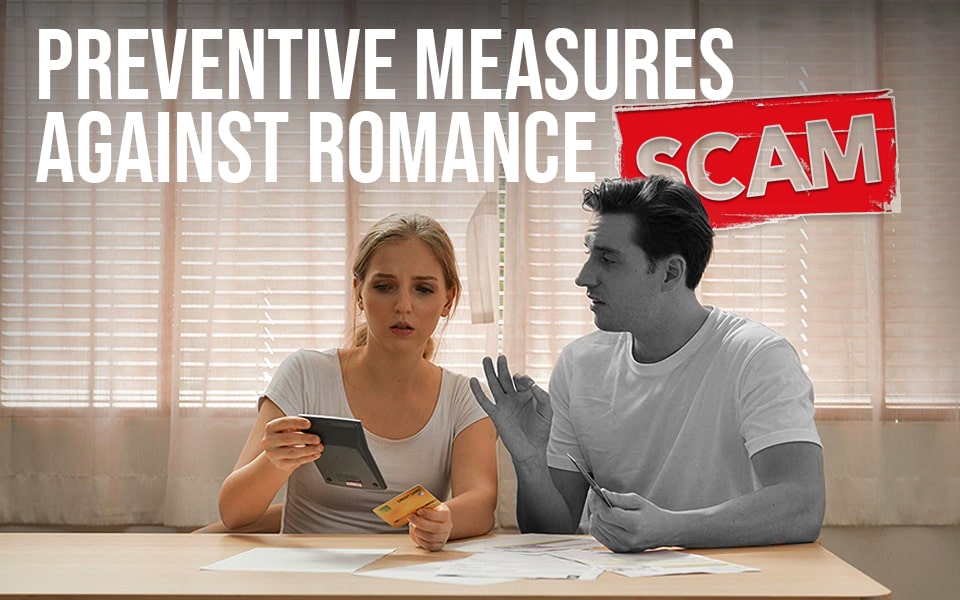



Many businesses have lost money because of the investment scams, as police have revealed that businesses in the north have lost around £1.2 million from the scammers. In the month of March, businesses lost around £612,000, and in April, they lost around £690,000 to investment scammers.
The police informed the business about the scam, warned them about the situation, and explained the impact of scams on their livelihood. They made clear the types of scams and how to avoid their tactics, mostly highlighting the “too good to miss” scams.
The Chair of the ScamwiseNI Partnership, Chief Superintendent Gerard Pollock, presented the statistics about the ruthless scammers and said most common scams start with small investments, and collectively they dupe people with thousands of pounds by means of emails, texts, and more. The common signs of a scam are as follows:
Superintendent Pollock said, “Due to the advances in technology, criminals can now access people’s banking and personal data.” “Anyone can be targeted by a scam, and criminals will constantly change how they present their scam to lure people in. We know, however, what all scammers aim to do is access personal and financial details.”
“The end goal is to get your personal details, such as your name, address, date of birth and who you bank with for your loss and their gain. This can then be used to commit a more sophisticated scam where the losses can be substantial.”
“At last Pollock added, “If you have been a victim of a scam, report it to police online at www.psni.police.uk/makeareport or call on 101, to your bank immediately, online at www.actionfraud.police.uk or call 0300 123 2040.”